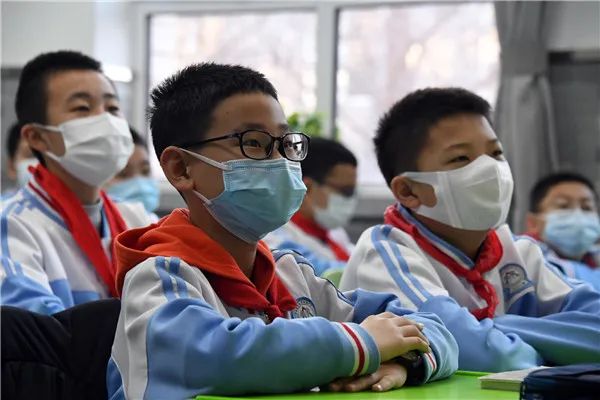Iris Qi

With the new school year starting in September, children for the most part are happy and excited about returning to school and parents obviously feel the same way. However, did you know that the start of school for your children can also help you lower your Individual Income Tax (IIT)?
“Children’s Education” is one of the 7 statutory special additional deduction items of IIT, which can be deducted from the individual’s Comprehensive Income, resulting in a lower taxable base. Taxpayers with eligible children are entitled to a standard deduction of RMB 1,000 per month per child (i.e. RMB 12,000 per year, per child).
So how should parents handle this deduction?
From pre-school education to higher education
Children’s Education Deduction covers pre-school education and the so-called “academic education” period which refers to any form of schooling which delivers a formal diploma recognized in China.
For pre-school education, the deduction is allowed from the month when the taxpayer’s child reaches the age of three to the month before the child attends primary school.
For the academic education period, the deduction can be applied from the first month when the child is enrolled in a full-time academic education institution, to the month when the academic education ends.
Academic education comprises compulsory education (primary and middle school), high school education (general high school, secondary vocational education, and technical education), and higher education (junior college, bachelor degree, master degree and doctor degree – including eventual foreign degrees).
How to declare a change in the child’s education phase?
Parents should add a new record to the “Special Additional Deduction” section on the IIT App and complete the start date of the new phase as from the end date of the previous phase of the child’s education. For example, if the previous period ends in June, the new period will start in July even if the actual schooling only starts in September i.e. the two-month holiday period is also eligible for the deduction.
What to declare if there is no change in the child’s education phase?
For instance, when a child moves on from primary school to middle school or is admitted to a PhD after obtaining a Master.
While the education phase does not change the school may have, therefore parents only need to amend the school information in the original record in the APP without changing the start date of the record.
If their child is moving to a higher grade but remain at the same school, parents do not need to adjust the record. When handling the annual remittance for previous year one must remember to check the contents of the declaration and amend any incorrect information in due time.
Parents of children aged 0-3 can also enjoy a special deduction!
According to the State Council [2022] No. 8 and the State Taxation Administration [2022] No. 7, a new special additional deduction will be introduced as from the 2022 tax year onwards (remittance year 2023) allowing the deduction for a child under the age of three.
This new deduction item is available from the month of birth of the child to the month before the child reaches the age of three. The deduction amount of RMB 1,000 per month per child is standard. This item can be made by one spouse at 100% or by each spouse at 50%. If the guardian of the baby is not the parent, the deduction can also be made by the guardian in accordance with the above policy.
Do these policies also apply to foreigners?
Da Wo published an article at the beginning of this year about the extension of the Allowance Exemption Policy, according to which foreign taxpayers in the PRC may continue to deduct special allowances from their IIT basis. Such allowances include schooling allowances (New Year gift from the State Council to Taxpayers in China!).
This policy was originally only adopted for three years (2019-2021) but was eventually extended (on December 31, 2021) to end on 31 December 2023.
During this transition period foreigners may choose to apply either the Special Additional Deduction Policy or the Allowance Exemption Policy. The choice must be made for a full tax year.
In reality most children of foreign nationals working in China attend private international schools. Considering the fees applied by these schools far exceed the maximum deduction under the Special Additional Deduction Policy, most foreigners will choose to apply the Allowance Exemption Policy for as long as it remains applicable. It remains to be seen whether the maximum deduction under the Special Additional Deduction Policy will be raised to allow for higher deductibles for children attending private international schools, after the transition period expires on January 1, 2024.
DaWo Law Firm is always keeping an eye on future developments within the tax field in order to provide suggestions regarding tax and practice for both companies and individuals. If you have any questions, please feel free to contact us.


